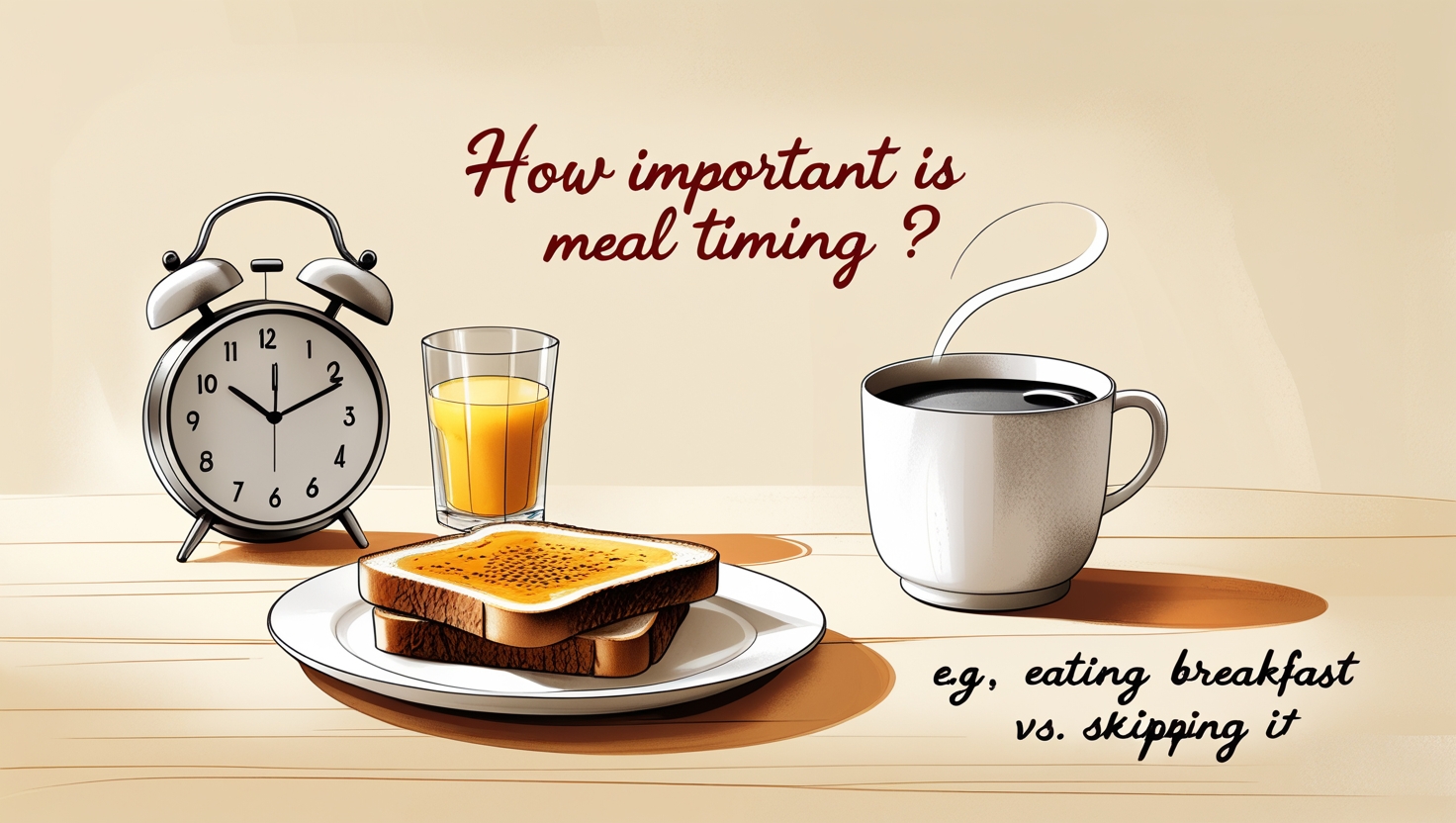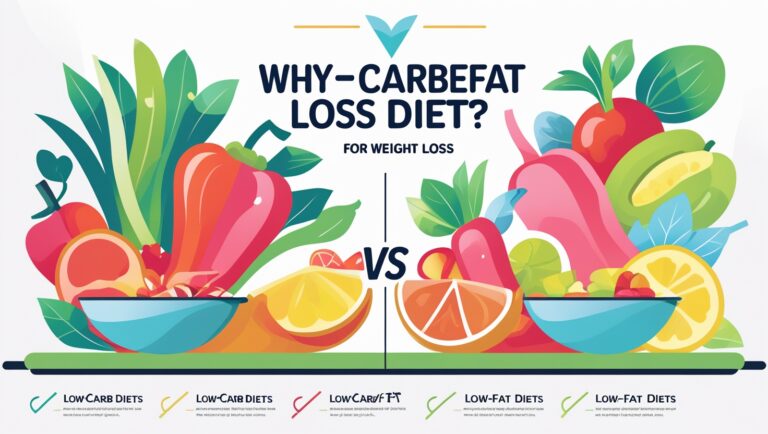In the world of nutrition, meal timing has become Lose Weight a significant topic of discussion. While some people swear by eating breakfast as the most important meal of the day, others advocate for intermittent fasting, where meals are strategically skipped. The question remains: does meal timing really matter, and how does it impact overall health?
The Science Behind Meal Timing
Meal timing refers to when and Lose Weight how frequently a person eats throughout the day. Research suggests that the timing of meals can influence metabolism, energy levels, and even weight management. The body operates on a circadian rhythm, a biological clock that affects various physiological processes, including digestion and nutrient absorption. Eating in alignment with this natural cycle may have significant health benefits.
The Role of Breakfast
Breakfast has long been regarded as a crucial meal because it replenishes energy stores after an overnight fast. Studies indicate that eating breakfast can Lose Weight enhance cognitive function, improve mood, and help regulate appetite throughout the day. Individuals who consume a balanced breakfast tend to make healthier food choices and are less likely to overeat later in the day.
However, skipping breakfast does not necessarily lead to negative health outcomes for everyone. Some studies suggest that those who practice intermittent fasting, which often involves skipping breakfast, may experience benefits such as improved insulin sensitivity, better weight management, and enhanced metabolic health.
Eating Late at Night: A Risk Factor?
Another aspect of meal timing is late-night eating. Research has Lose Weight linked late-night meals with weight gain, poor digestion, and increased risk of metabolic disorders. The body’s ability to metabolize food is typically less efficient at night, which may lead to excess calorie storage. To optimize health, experts generally recommend consuming the majority of daily calories earlier in the day.
Meal Timing and Weight Management
The relationship between meal timing and Lose Weight control is complex. Some studies suggest that front-loading calories earlier in the day, such as having a hearty breakfast and a moderate lunch, may aid in weight loss. Others argue that total calorie intake and macronutrient balance play a more significant role than meal timing alone.
Intermittent fasting protocols, such as the 16:8 method (fasting for 16 hours and eating within an 8-hour window), have gained popularity for their potential benefits in weight management and metabolic health. For some individuals, restricting eating to specific time windows may help with portion control and reduce unnecessary snacking.
Finding What Works for You
While meal timing can play a role in health, the most Lose Weight important factor is individual lifestyle and dietary preferences. For some, eating three balanced meals a day works best, while others thrive on intermittent fasting. The key is to maintain a nutrient-rich diet, stay hydrated, and listen to the body’s hunger and fullness cues.
Ultimately, meal timing is not a one-size-fits-all concept. Whether eating breakfast or skipping it, consuming meals in a way that aligns with personal health goals and lifestyle is the best approach. Consulting a healthcare professional Lose Weight or nutritionist can provide tailored guidance to optimize meal timing for overall well-being.





